2 min read
DoD Contracts: Non-Conforming Markings & Government Rights
![]() Anne Lanteigne
:
January 10, 2023
Anne Lanteigne
:
January 10, 2023
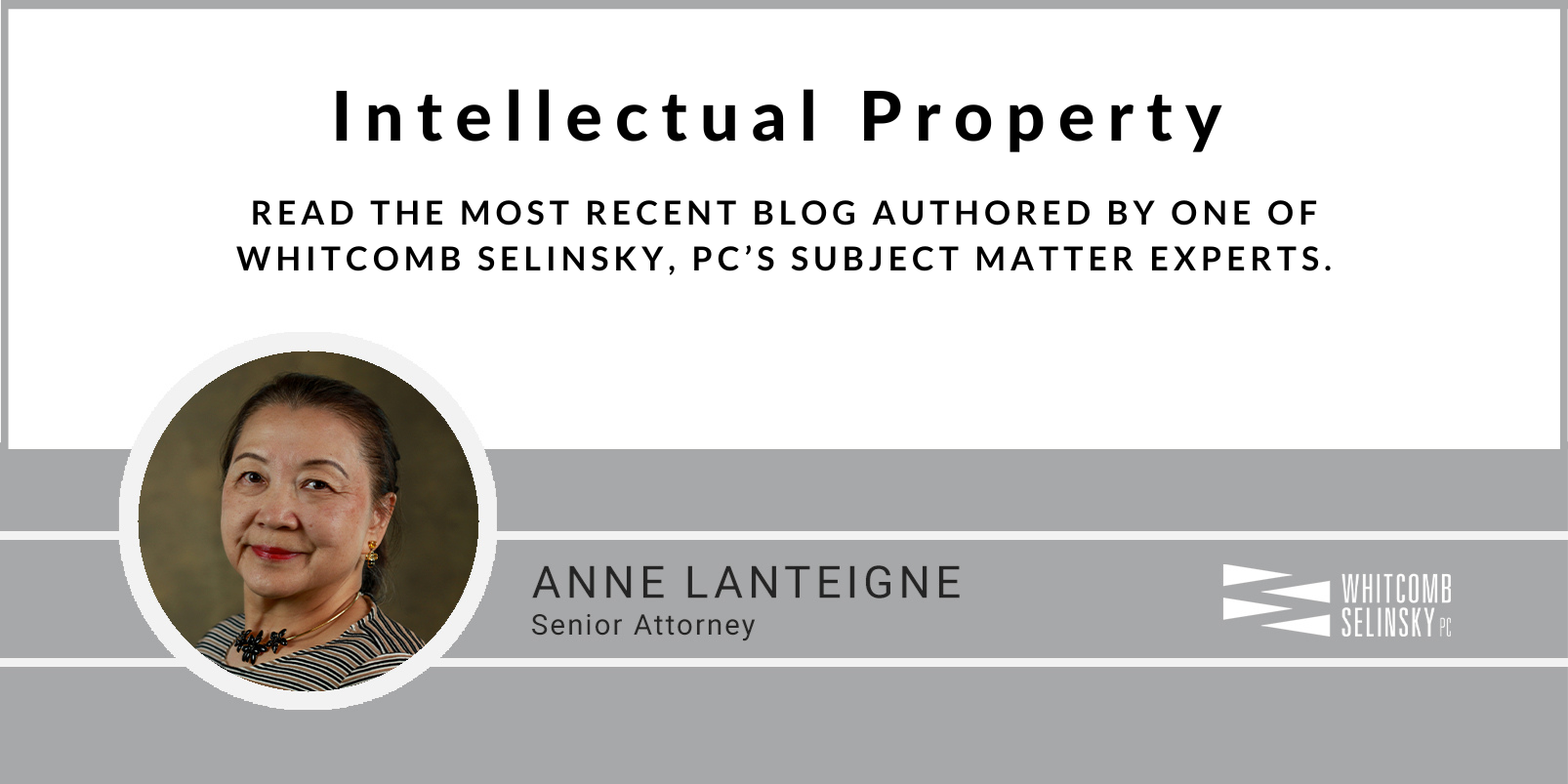
After asserting restriction on the technical data and/or computer software (TD/CS) – among those required to be delivered under a Department of Defense (DoD) contract – the next step is placing the appropriate marking conspicuously and legibly on the TD/CS before delivery to the Government. For DoD-required deliverables, only the markings set out in the Defense Federal Acquisition Regulation Supplement (DFARS) are recognized as authorized markings for each category of rights. Markings that deviate from the exact wording of the authorized markings are “non-conforming” markings and are subject to removal or correction by the Government.
For TD where the contractor asserts Government Purpose Rights, the authorized marking is:
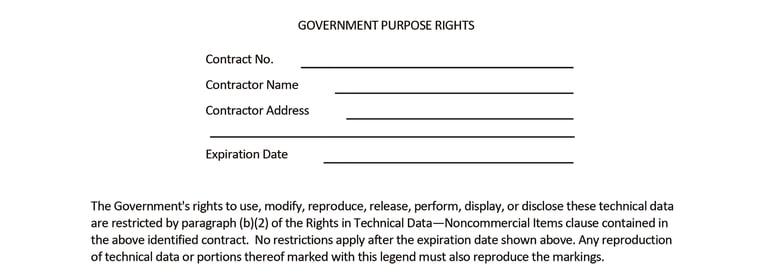
For Limited Rights, the authorized marking is:
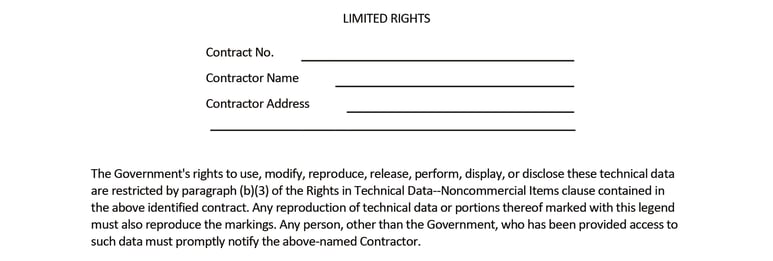
For specially negotiated license rights, the authorized marking is:

For non-commercial CS with Government Purpose Rights, the authorized marking is:
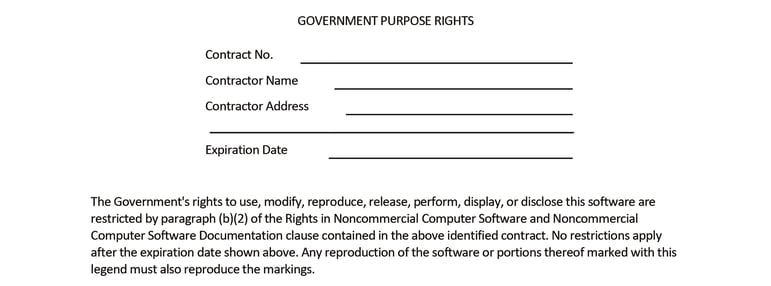
For Restricted Rights, the authorized marking is:
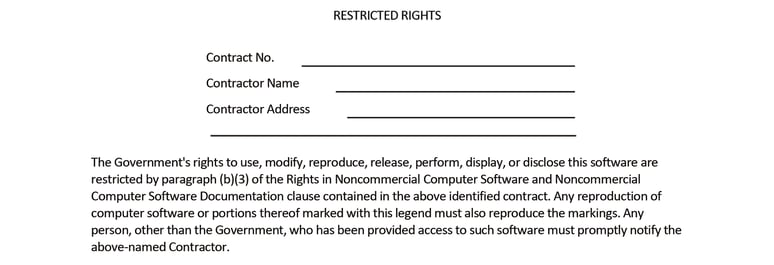
For specially negotiated license rights, the authorized marking is:

All the above markings are “conforming” and authorized markings. Each should be used verbatim except for filling in the blanks. Any deviation will render the markings “non-conforming.” Therefore, it is highly advised that the contractor not get creative with the wording of the chosen marking. Commonly used markings such as “proprietary,” “company-confidential,” or “confidential” are non-conforming markings under DFARS and are subject to correction or removal by the Government. Suppose a non-conforming marking is found on a required deliverable. In that case, the contractor is usually given a notice alerting them to the marking and given an opportunity to remove or correct it within a certain period. If the contractor fails to take any action, then the Government can, at its discretion, correct or remove the non-conforming marking at the contractor’s expense. If the Government removes the non-conforming marking, then the contractor’s TD/CS can end up unmarked and thus result in the Government acquiring unlimited rights in that TD/CS. Therefore, the contractor should correct the non-conforming marking by placing an appropriate conforming marking based on the assertion level at which it can substantiate.
Even on TD/CS in which the contractor intends to grant the Government unlimited rights by not placing any restrictive rights marking, the contractor may still put a copyright marking. The scope of the Government’s copyright license is co-extensive with its data/software rights. Therefore, a copyright marking on TD/CS that does not have any restrictive data rights or software rights marking grants the Government unlimited copyright license and unlimited data/software rights. Copyright marking on an otherwise unlimited rights TD or CS serves as a notice to third parties that may get the TD/CS from the Government.
If you are concerned about your TD/CS rights assertion documentation and markings or have been notified by the Government regarding a non-conforming marking and need assistance to ensure the updated marking follows DFARS standards, contact us at Whitcomb Selinsky, PC. Our Government Contracting and Intellectual Property attorneys will review your markings and help you conform to DFARS standards as needed.



